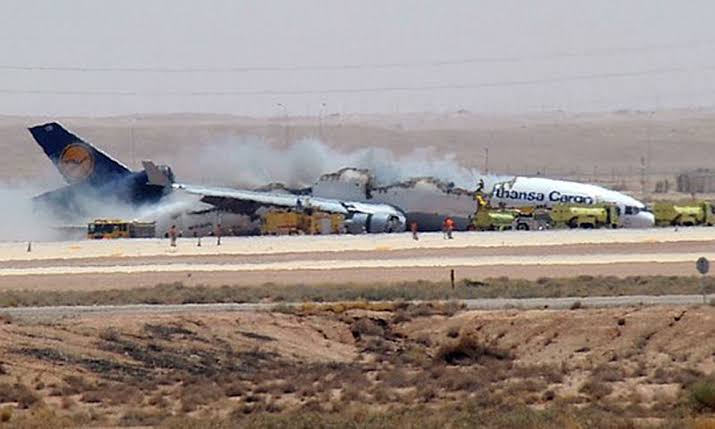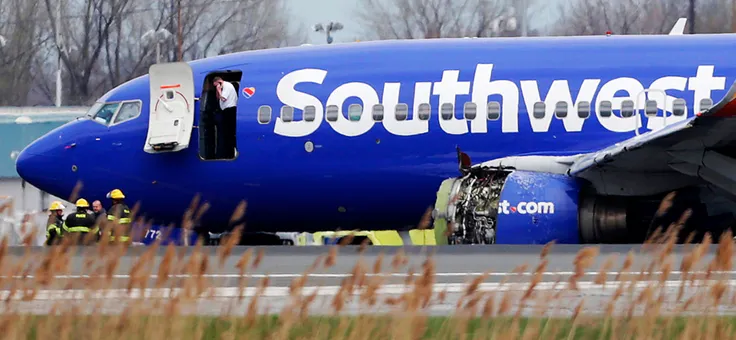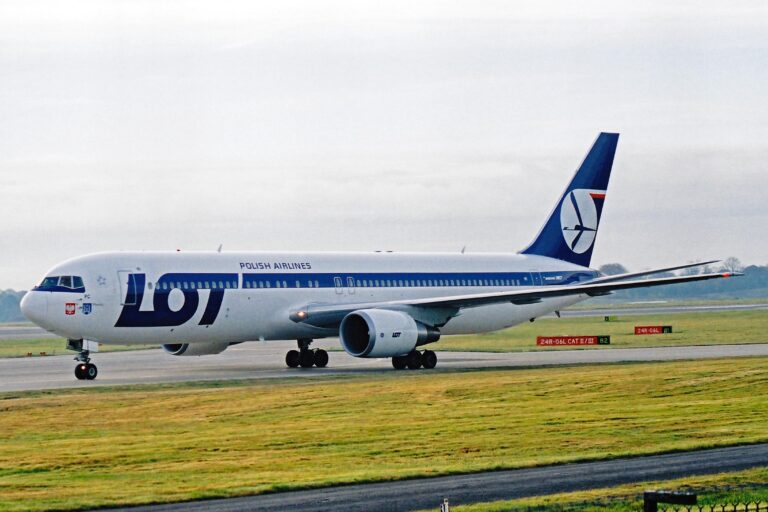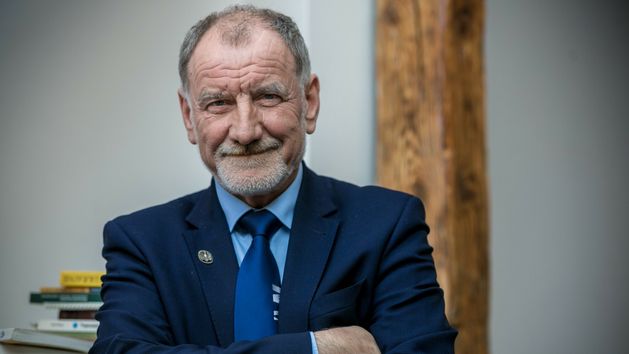Lufthansa CEO Blames Pilot Error for Recent Crash
Lufthansa CEO Blames Pilot Error for Recent Crash
Berlin, Germany – Lufthansa Airlines is facing intense scrutiny following a tragic crash involving one of its aircraft, with the company’s CEO, Carsten Spohr, confirming in a press briefing today that preliminary investigations point to pilot error as the primary cause of the incident.
The crash, which occurred on April 28, 2025, involved Lufthansa Flight 742, an Airbus A320 traveling from Munich to Barcelona. The aircraft went down in the French Alps, resulting in the deaths of all 146 passengers and 6 crew members onboard. The tragedy has sent shockwaves throughout the aviation world, rekindling debates about pilot training, mental health, and safety protocols in the commercial aviation industry.
CEO’s Statement
During a somber press conference at Lufthansa’s headquarters in Frankfurt, Carsten Spohr addressed the media and public, offering condolences to the families of the victims and taking a moment of silence in their memory. He then proceeded to share early findings from the joint investigation conducted by the European Union Aviation Safety Agency (EASA), Germany’s Federal Bureau of Aircraft Accident Investigation (BFU), and French aviation authorities.
“With a heavy heart, I must confirm that all current evidence strongly suggests that human error, specifically on the part of the flight’s captain, was the main contributing factor to this heartbreaking event,” Spohr stated. “There is no indication of mechanical failure, sabotage, or weather-related complications.”
According to Spohr, the flight data recorder and cockpit voice recorder — the so-called “black boxes” — were recovered two days after the crash. Preliminary analysis revealed that the aircraft was functioning properly, but the crew made several critical misjudgments in the final 20 minutes of the flight.
Details from the Investigation
Sources close to the investigation say that the plane began to deviate from its assigned flight path while cruising at 33,000 feet. The co-pilot reportedly left the cockpit for a routine break and was unable to re-enter after the door was manually locked from inside — a safety measure introduced after the 2015 Germanwings crash, which tragically mirrors aspects of this latest incident.
Audio recordings captured the captain’s increasingly erratic behavior and what investigators describe as “non-standard communication patterns” during the flight. It remains unclear whether the pilot was experiencing a medical emergency, psychological episode, or another form of impairment.
EASA investigators emphasized that further analysis is needed to determine whether fatigue, stress, or other personal factors may have affected the captain’s decision-making. Toxicology reports are currently pending, and interviews with the captain’s family and colleagues are underway.
Airline Under Fire
Lufthansa, considered one of the world’s leading carriers with a reputation for safety and excellence, now finds itself under intense public and regulatory pressure. The airline has pledged full cooperation with the investigation and is conducting an internal review of its flight training programs and mental health assessment protocols.
“We will leave no stone unturned,” Spohr assured. “We must ensure that something like this never happens again. Our pilots are the backbone of our operations, and we need to support them with the best tools, training, and mental health resources available.”
He further added that Lufthansa has initiated mandatory psychological re-evaluations for all long-haul pilots and is reviewing cockpit access protocols to prevent future lockout scenarios.
Families of Victims Demand Answers
As the investigation continues, grieving families have voiced their frustration and pain, demanding transparency and justice. In Munich, dozens of relatives gathered outside the Lufthansa offices holding candles, photographs, and placards reading “Truth and Accountability Now.”
Mariana López, who lost her sister and niece in the crash, expressed outrage. “They told us flying was safe. That they were trained. But now they say the pilot made a mistake? That’s not enough. We want to know everything — why it happened, and who is responsible.”
The German Ministry of Transport announced plans to hold public hearings and may propose stricter regulations for flight crew evaluations and emergency procedures. Lawmakers across the European Union are already pushing for standardized mental health screenings for commercial airline pilots.
Aviation Industry Reacts
Aviation experts say the crash could have long-lasting implications for the industry. Captain Markus Ehlers, a retired Lufthansa pilot and safety consultant, said the incident highlights vulnerabilities in current safety protocols.
“We’ve done a lot since Germanwings, but clearly it wasn’t enough,” Ehlers said. “Pilots are human. They are under immense pressure, and sometimes signs of distress are missed or hidden. We need more than just technical evaluations — we need emotional and psychological support structures that are robust and stigma-free.”
The International Air Transport Association (IATA) released a statement calling for “global harmonization of safety standards” and emphasized the importance of real-time monitoring systems that could detect irregular behavior before accidents occur.
Reputation and Recovery
While Lufthansa has weathered crises in the past, including the 2020 COVID-19 pandemic, analysts believe this crash could significantly impact customer trust and shareholder confidence. The airline’s stock fell by 7.8% following Spohr’s announcement, and bookings on affected routes have reportedly declined.
However, some aviation analysts suggest the transparency shown by Lufthansa’s leadership could eventually help rebuild its reputation. “Coming forward early with details — even painful ones — helps restore faith,” said aviation analyst Lena Kruger of AeroInsights. “The worst thing an airline can do in these moments is stay silent.”
Moving Forward
Lufthansa has announced plans to set up a compensation fund for the families of those who perished, although details on amounts and timelines are yet to be finalized. Additionally, a memorial service is scheduled for May 10 in Munich, expected to be attended by German Chancellor Olaf Scholz, EU leaders, and aviation professionals from around the world.
Spohr concluded the press conference with a renewed commitment to safety: “This is the darkest chapter in our recent history. But we owe it to those we lost — and to every passenger who entrusts us with their journey — to rise from this with humility, responsibility, and resolve.”
As investigations continue and reforms take shape, the aviation world watches closely, hoping that this tragedy will lead to lasting improvements in how airlines prepare, support, and supervise their flight crews.





